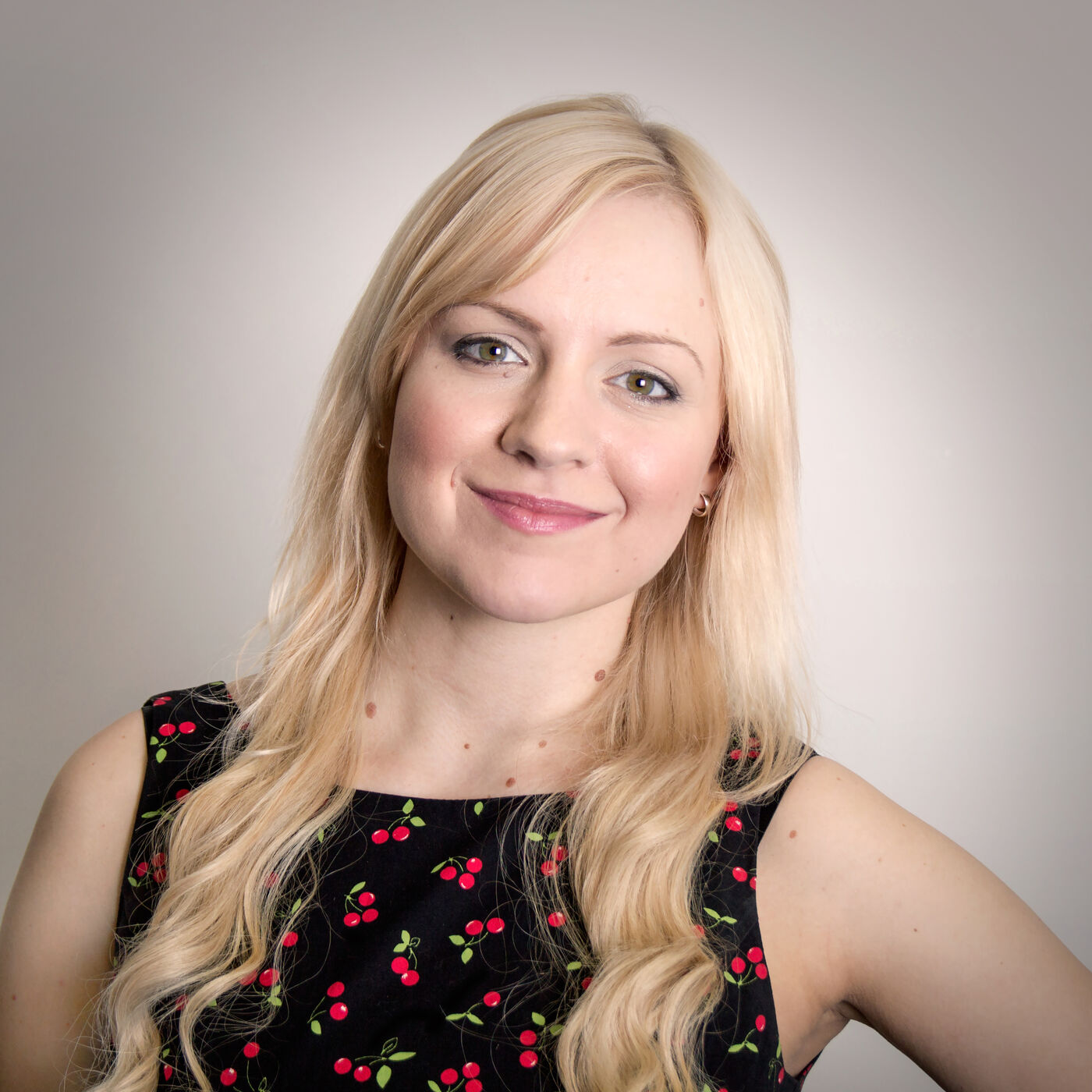Why the church deserves our criticism
I have made a significant shift in the way I think and talk over the last few years about the church. But to frame this conversation, I must first give you a little background into me as a human being.
I am possibly one of the most optimistic people you will meet. I count it as one of my favourite characteristics. I have a certain ability to smile at the drama and difficulty of life and see the best in every situation.
There’s a certain ignorance that often comes with optimism (think about the captain of the Titanic for example) but largely speaking it’s a great quality.
Of course the reader may be tempted to assume that my optimism is a product of a sheltered or easy life. I must stress that this is not the case. Whilst there were many wonderful things about my childhood, I also grew up in an environment of violence and abuse. I emerged into my teenage years with a lot of emotional baggage.
I suspect my propensity for optimism comes from having had to work hard to develop it. Perhaps it was a necessary tool to deal with the difficulties of my childhood.
I find it interesting that society has a way of disregarding those who succeed in some way.
We assume the person with wealth inherited it.
We assume the person with a great physique has better genetics.
We assign time and chance to those who make it big
And perhaps we’re right some of the time. But almost certainly wrong some of the time as well.
The reason we jump so quickly to those assumptions is because it’s less painful to believe.
When we’re unhappy with where we are in life, we assume everyone else must have cheated in some way to get there.
Their success shines a light upon our failure. So whilst we love the idea of others succeeding, it’s not so simple when it actually happens.
I’m not telling you all these things in order to rabbit on about my wondrous qualities. I am simply attempting to paint a backdrop for the much more serious point I am about to make.
You see when it comes to dealing with criticism, it’s all too easy to paint people who raise such issues as overly negative, insufferable complainers. We smile politely but we don’t take it seriously.
And undoubtedly some of them are. And course not all criticism is fair, good or constructive.
But like me, just as undoubtedly some of them are NOT.
It’s easy to put all complaints in the same category of unreasonable because then we don’t have to really address them.
And many church leaders have made that mistake in recent years.
But consider this…
Criticism can certainly originate from a bad spirited person who hates the thing he critiques.
But criticism can also originate from a good spirited person who loves the thing he critiques.
The outcome can look similar and be distasteful to us (because who in their right mind likes complaints?). But the heart behind can be completely different.
I critique the church because I love the church.
Because the church is the bride of Christ.
The church is being perfected and made holy by him, eventually without spot or blemish in any way.
For if there is one thing worse than constantly criticising the church, it is never criticising it at all.
The parent that never corrects their child is not more loving but unloving.
The boss that never gives feedback is not kind but unkind.
The therapist that never challenges but always affirms the delusions of the patient is the worst sort of monstrosity.
Our lack of criticism actually leads to something much worse.
When church leaders themselves do not hold the church to proper account or criticise it fairly, we often inadvertently leave judgement up to the world.
And the world’s justice tends to be very heavy handed.
When we cover over extramarital affairs, bullying, emotional abuse and every other sort of evil because ‘they did a lot of good stuff too’ are we not falling into great error?
Just as God would hand over the people of Israel (in their sin) over to the neighbouring nations to be oppressed so God will let his church be torn apart in the media when we also sin.
Genuine persecution is a thing and I am not implying that getting smashed by the media is necessarily a sign of guilt.
But so much of what we call persecution is not really persecution. It’s the exact opposite – it’s actually judgement.
Consider this:
Did Paul only write nice things in his letters to the churches?
Remember how Jesus cleaned out the temple from extortion?
What about the massive amounts of doom and gloom of the prophets?
It seems obvious to me that to truly love, you must be willing to criticise.
And we need church leaders (such as myself) to move out of boundless optimism.
To become spiritually mature is to be able to feel and understand the full depths of positive AND negative emotion.
Not all anger is hate.
And not all angry people are haters.
In fact love and hate have an unusual relationship.
To love God is to hate sin.
To love the church is to hate its failings.
To love the church is to hold it to account.
To love the church is to dream of better.
To love the church is to build it up.
26: Dane Daniel on Rediscovering Holy Work
Dane Daniel and his wife Angana run The Urban Affair, a brand strategy and design consultancy. We talk about why we need to reclaim business as ministry, how to reach people more effectively and how faith can be outworked in the marketplace.
👉 Check out The Urban Affair at www.theurbanaffair.com
👉 Follow Sats on Instagram at instagram.com/satssolanki
👉 RATE, REVIEW & SUBSCRIBE to get more content like this
25: Philippa Hanna on Songwriting, The Power of Vulnerability & How To Build Genuine Community
Philippa Hanna is a singer-songwriter and an internationally published author with over 1500 live shows, two books and five studio albums to her credit. We sat down to talk about her journey as a musician, why vulnerability is so important and navigating mental health.
👉 Follow Philippa on Instagram at instagram.com/philippahanna
👉 For all things music, books & live shows coming up head to www.philippahanna.com
👉 Follow Sats on Instagram at instagram.com/satssolanki
👉 RATE, REVIEW & SUBSCRIBE to get more content like this
Four keys to foolproof decision making
Life ultimately comes down to the decisions you make.
Of course there are plenty of aspects of it that lie outside of our control. But this hardly seems like a good reason to give up all agency and abandon ourselves to the mercy of circumstance.
I believe that each of us will ultimately be judged on the merit of what we did with what we had. For me, this is the best definition of success that moves past the opinions of others or vanity metrics that so many chase after.
Whilst I’d love a Ferrari as much as the next person, here are four keys on foolproof decision making.
1. Get used to disappointing people
Oh yes, we’re starting here. Hopefully you’ve realised by now that no matter what you do, there’s always someone who won’t be happy.
Whether it’s your parents (you never chose to be the lawyer/doctor they hoped you would).
Whether it’s your pastor (who had big hopes for you in church ministry).
Whether it’s your friends (who preferred the old you).
Someone is always going to be disappointed.
The bigger the decisions, the bigger the disappointment.
Ultimately this comes down to the question of whose opinions you care about most.
I’m not suggesting that people around us don’t matter. Of course they do.
And we should weigh wise counsel and input from those who truly care about us.
But at the end of the day, only you are responsible for you.
It takes courage to make difficult decisions. But avoiding your future calling will create a whole new set of difficulties.
Think resentment, bitterness, grief over lost opportunities and dissatisfaction. The list goes on.
Over the years I’ve had to make many difficult decisions. From cutting certain family ties to leaving toxic organizations, it’s never been easy.
But when the disappointment fades, you’ll find that the boundaries have fallen in pleasant places.
2. It’s ok to change your mind
One of the things that makes decision making feel so intense is not feeling able to change course as you go.
But most of the decisions we make in life are actually reversible. And the worst case is usually not actually as bad as we think.
Of course we’d prefer not to look silly by backtracking. And this is perhaps much more the issue at hand.
Are we really worried about the decision or are we worried about what people will think of us if we change our mind?
Unsure about dating someone? You can always break off the relationship.
Worried about taking on that project? You can always drop it later.
Moving geographic location? You can always move back.
Funnily enough, many good things have happened to me by accident or by proxy. Because there’s still beauty and wonder around even when you don’t plan to find it.
So embrace the unknown. Make a list of the worst-case scenarios and potential paths for recovery. Then do it.
3. Consider the opportunity cost
When it comes to a new venture or change, most of us tend to compare our present situation with the potential.
But we nearly always make a colossal error in our calculations.
We assume that where we are is fixed and permanent.
But it’s not. It could change at any moment.
Your job could change at any moment.
Your church could change at any moment.
The economy could change at any moment.
Things that are familiar feel safe but that’s a purely emotional evaluation and shouldn’t really be taken into account with proper decision making.
The opportunity cost is about being aware of not just what you know but what you don’t know. Of course we don’t know what we don’t know but we should still include this in our assessment of the future.
We tend to look at present circumstances with rose-tinted glasses.
And we underestimate the possibilities of the future.
So we fret about the friendships that will change if we move, without considering the friendships that we will miss if we don’t move.
We hang on to a project we hate because it pays the bills. All the while missing new projects because we don’t have time to do them.
You don’t know what you don’t know. But just know that there is always a cost for staying still, just as there is a cost to your movement.
4. Evolve your identity
Change always challenges who we are.
I remember a few years ago when I started posting regularly on social media.
Before that I was a regular post-the-sky type of Instagrammer. But then I started sharing thoughts and insights that were deeper.
It was challenging because I could feel both the pleasure and displeasure of others.
Some were enjoying the content and encouraging me on.
Others were critical and judgemental. They may not have said it so specifically. But you would notice little comments here and there, designed to put you in your place.
My identity was changing and not everyone liked it.
Becoming a content creator was challenging how I perceived myself to be. I knew where my motivation came from but you’re still affected by what other people think of you.
And as I went on this journey, I began to see myself as a content creator. I truly began to believe that I had insights worth sharing.
I developed confidence to put myself out there, regardless of what others may think.
Any big change in your life will challenge your identity. That’s why it’s important to consider the emotional implications of your decisions too.
Allow yourself to become confident and secure in the latest iteration of who you are.



